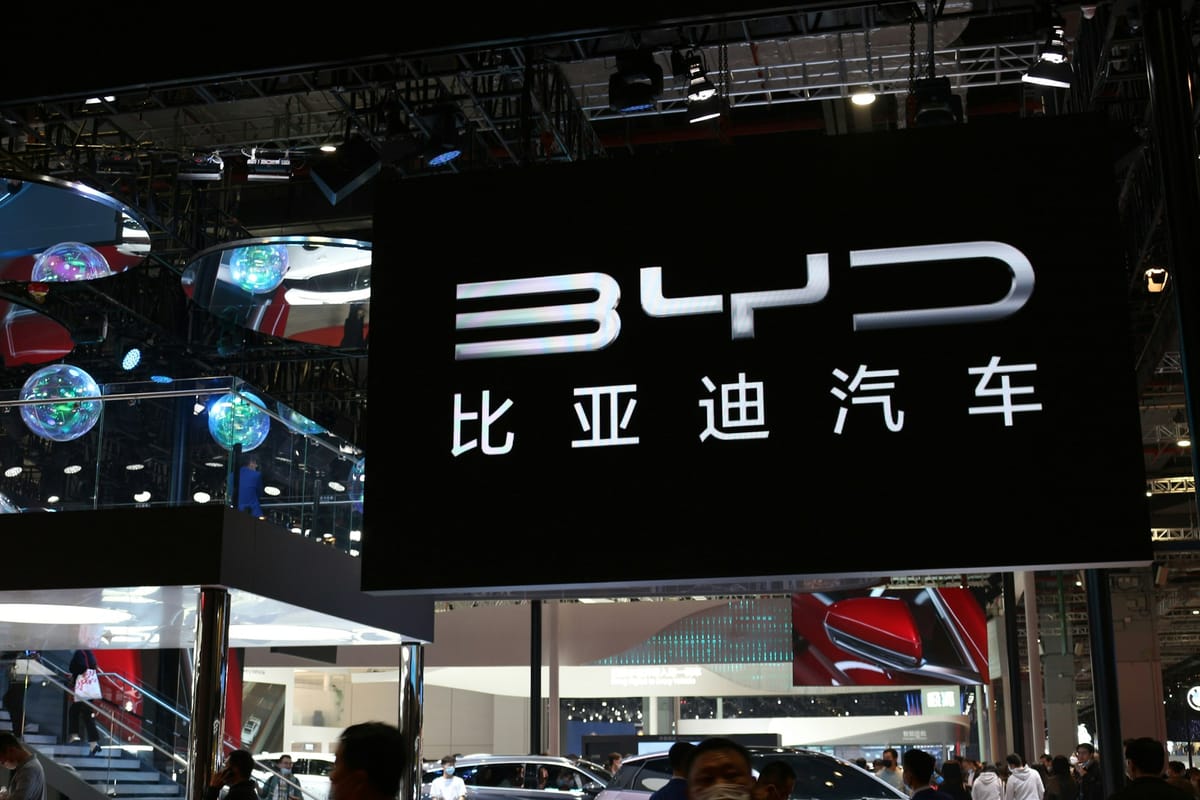China's BYD Puts Brakes on Vietnam EV Factory Plans Amid Market Slowdown

BYD, the world's leading electric vehicle (EV) manufacturer and Tesla's main competitor, has reportedly slowed down its plans to build a factory in Vietnam. This news comes despite an earlier announcement from the Vietnamese government in May 2023.
Strategic Shift and Market Realities
The decision to delay construction appears to be driven by two main factors: BYD's overall strategy and a recent slowdown in the global EV market. Luong Thanh Tung, Vice Chairman of Gelex Group (the company managing the potential factory site), revealed this information during a shareholders meeting.
Negotiations on Hold
Gelex had previously secured 100 hectares of land specifically for BYD's EV factory in the Phu Ha industrial park. However, the project now faces delays. Both parties are currently seeking an "opportune time" to move forward. Gelex has clarified that BYD hasn't made any official announcements regarding the factory's future. BYD itself has remained silent on the matter so far.
Market Slowdown and Global Expansion
A decrease in government subsidies is believed to be a contributing factor to the market slowdown, impacting BYD's decision. Despite this setback in Vietnam, BYD remains focused on expanding its EV production capabilities in Southeast Asia, with factories already planned for Thailand and Indonesia.
BYD's Global Domination and Ambitious Future
BYD continues to be a major player in the global EV market. They achieved record-breaking sales of over 3 million electric vehicles (including battery EVs and plug-in hybrids) in 2023. The company has set a target of selling 3.6 million vehicles in 2024, reflecting a 20% increase. Their ambitious plans include capturing a significant share of the market by offering competitive prices and launching advanced technologies:
- Aggressive Expansion: BYD aims to double its overseas sales in 2024 compared to 2023 and reach 1 million units by 2025.
- Fierce Competition: BYD predicts a "knockout round" in the EV market over the next few years, aiming to reduce the market share of foreign brands in China from 40% to 10%.
- Price War and Profitability: BYD anticipates a dip in vehicle margins due to the price war but aims to maintain profits through increased sales volume.
- Technological Innovation: BYD plans to launch its next-generation plug-in hybrid system in May 2024, promising impressive fuel efficiency and driving range.
- New Models and Market Disruption: BYD will launch new models priced under 200,000 yuan equipped with advanced driver-assistance systems, further challenging Tesla's dominance.
Uncertain Future for the Vietnam Project
The future of BYD's Vietnam factory remains unclear. While the initial announcement in May 2023 seemed promising, recent developments suggest a more cautious approach from the company. The project's fate likely hinges on both BYD's internal strategy and the overall health of the global EV market.
Investor
Outbound region
Inbound region
Industry
Date of record
4 April 2024




